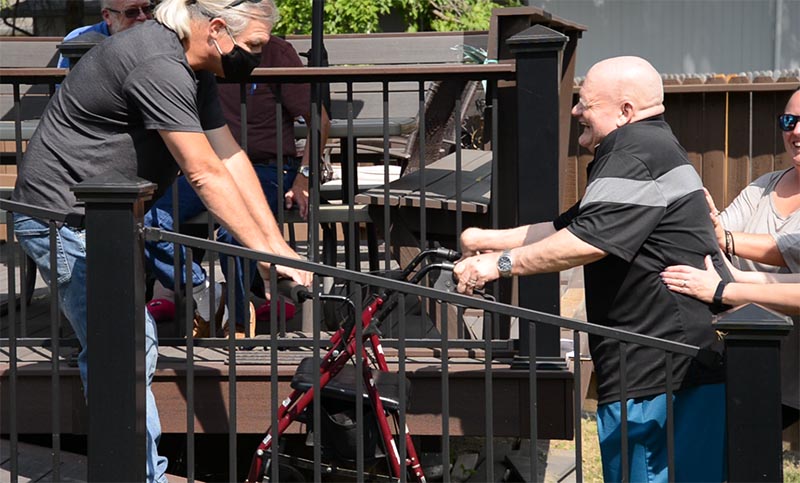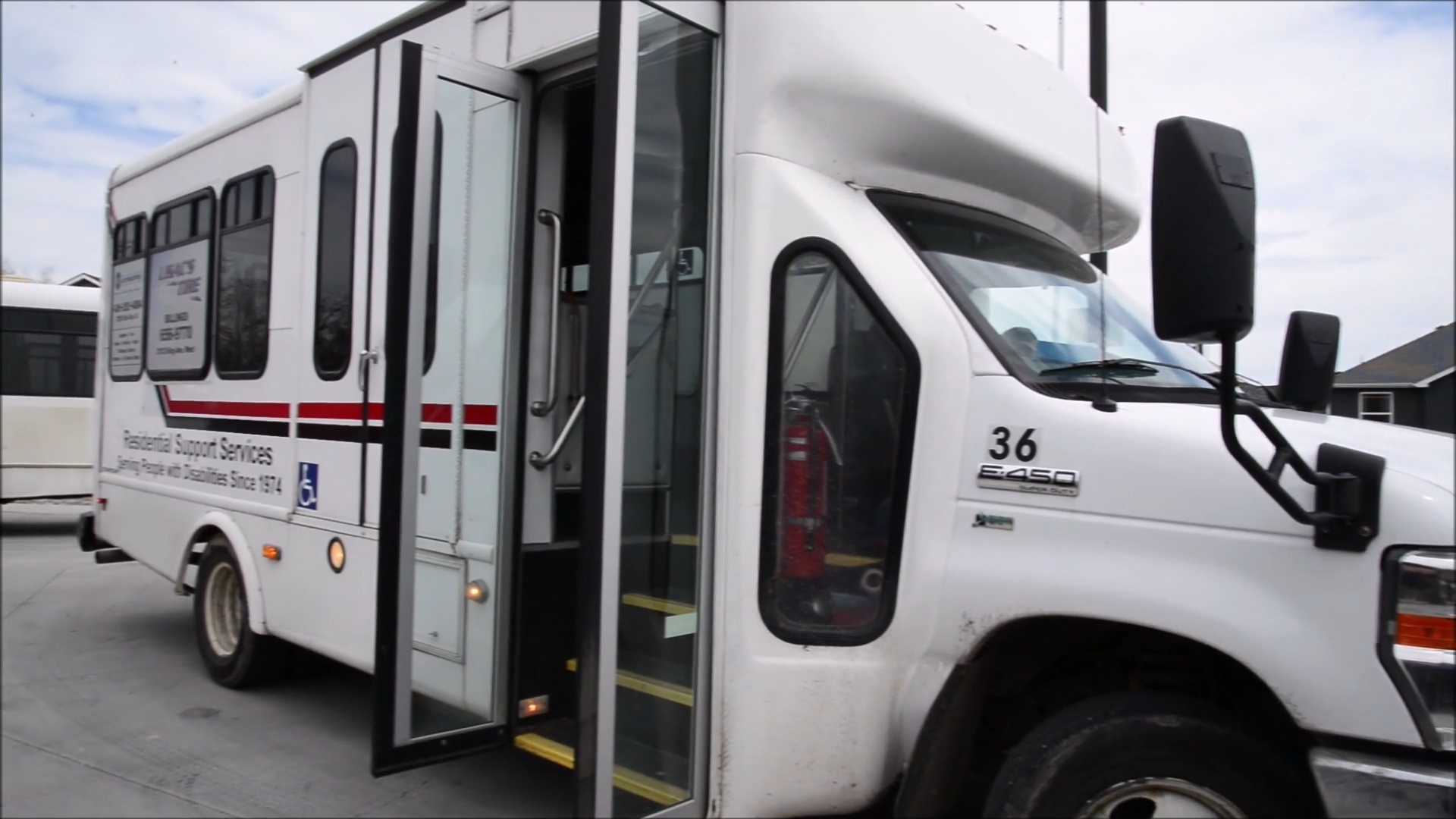Many important components need to be taken into consideration when choosing a residential care facility for your loved one.
Taking into account what will be best for his or her needs is crucial when making that tough decision. Things like convenience, comfort, and safety, as well as specific treatments and facilities need to all be considered. It is a big decision and one that should not be made in a hurry. Ideally you want to choose a facility that your loved one will be comfortable and happy with for many years to come.
The first type of residential care facility that you may consider is an independent community environment. Independent retirement communities are exactly what they appear to be: communities where the residents are independent and have control over all aspects of their daily lives. Generally these types of communities offer a myriad of housing from single family homes to condos and apartment living. Many times an individual can either purchase a home or rent a place to live, whatever their specific needs may be.
A variety of services may (or may not) be offered in various independent communities, from the basics such as fire and police protection, to items such as social and recreational activities. Independent living communities are an excellent option for individuals who do not require a lot of assistance on a daily basis. They can still retain their independence, but they also have the benefits of a community environment, particularly for social events and activities.
Assisted living facilities would be another option for people who may require a little bit of help on a daily basis. In these types of situations, a person would probably live in an apartment type facility and have access to emergency services in their home. Usually you will find a variety of shared spaces in assisted living homes, such as living rooms, dining facilities, laundry rooms, and recreational spaces.
You will find fairly minimal services that may include things like transportation to and from doctor’s appointments, recreational events, central dining, housekeeping options, and church facilities. Security service is many times available as well and sometimes a nurse is on staff at least during the day time.
Residential care facilities are also called care homes or sheltered housing, and are for individuals who need assistance on a daily basis with personal or medical needs. These are almost always licensed by the state and will have a faculty of staff that is available 24 hours a day.
To be eligible, a resident must be able to take basic care of himself/herself, but might have need of moderate assistance when it comes to personal care or medical needs. Some facilities will also have policies for people with walkers as well as wheelchairs.
Residential care facilities will generally be made up of studio apartment style living that do not contain a kitchen, but will have a private bathroom as well as storage units. Some of these will offer shared rooms rather than single, private rooms, and that can be too big of adjustment for some residents.
Make sure you find out up front what type of living environment is offered so that you do not waste time considering a facility that would not fit your loved one’s needs. Other standard services would include dining, laundry, housekeeping, and social activities.
Continuing care communities provide a bridge between an assisted living facility and a full-on nursing home. These environments attempt to offer a resident independence for as long as possible, but can provide nursing care when needed. Sometimes this will work well for couples (husband and wife) who have different levels of care needs. In this manner they can maintain their relationship, but both receive the assistance that they need on a daily basis.
These facilities can be costly because they offer a wide variety of services and many times they have an age requirement as well as possibly insurance requirements and minimum levels of health and finances. Many times the waiting list for these facilities is quite long as well.
The final option to be considered when looking at residential care facilities would be nursing homes. Nursing homes are for people with more serious health conditions who often require 24-hour supervision. Nursing homes will often provide all the normal services but also with the addition of rehabilitation services as well. Sometimes the level of care can be intermediate, but often times it is skilled, requiring the services of a doctor as well as skilled nurses. In order to be admitted it can be necessary for a doctor’s request to be initiated for the resident.
Nursing homes are something that should often be investigated well in advance, before an emergency necessitates a hasty decision. If you have an idea of the nursing home that may eventually be needed, you can make the proper decision devoid of pressure to get it done because a loved one’s health prompts it. Nursing homes should be government certified and licensed and if your loved one needs to use Medicare or Medicaid, you should check the level of coverage in advance as well.
No matter what type of residential care facility is the right choice for your loved one, it is an important decision and one that should not be taken lightly or made in haste. The more research and investigation you do, the better off both you and your loved one will be. A comfortable and safe environment is crucial to maintain quality of life for your loved one, and often time interviewing multiple facilities is a good idea.
Don’t feel like you are wasting the facility’s time, they are used to talking with people and helping them make the right decision. There are no stupid questions. It is all about making sure that you have chosen the best environment possible and one that fits not only the physical needs of your loved one, but also the financial needs as well. Not all of these facilities are created equal and you will find many differences between them as you make your decision.
For more information on our services, contact us today!









